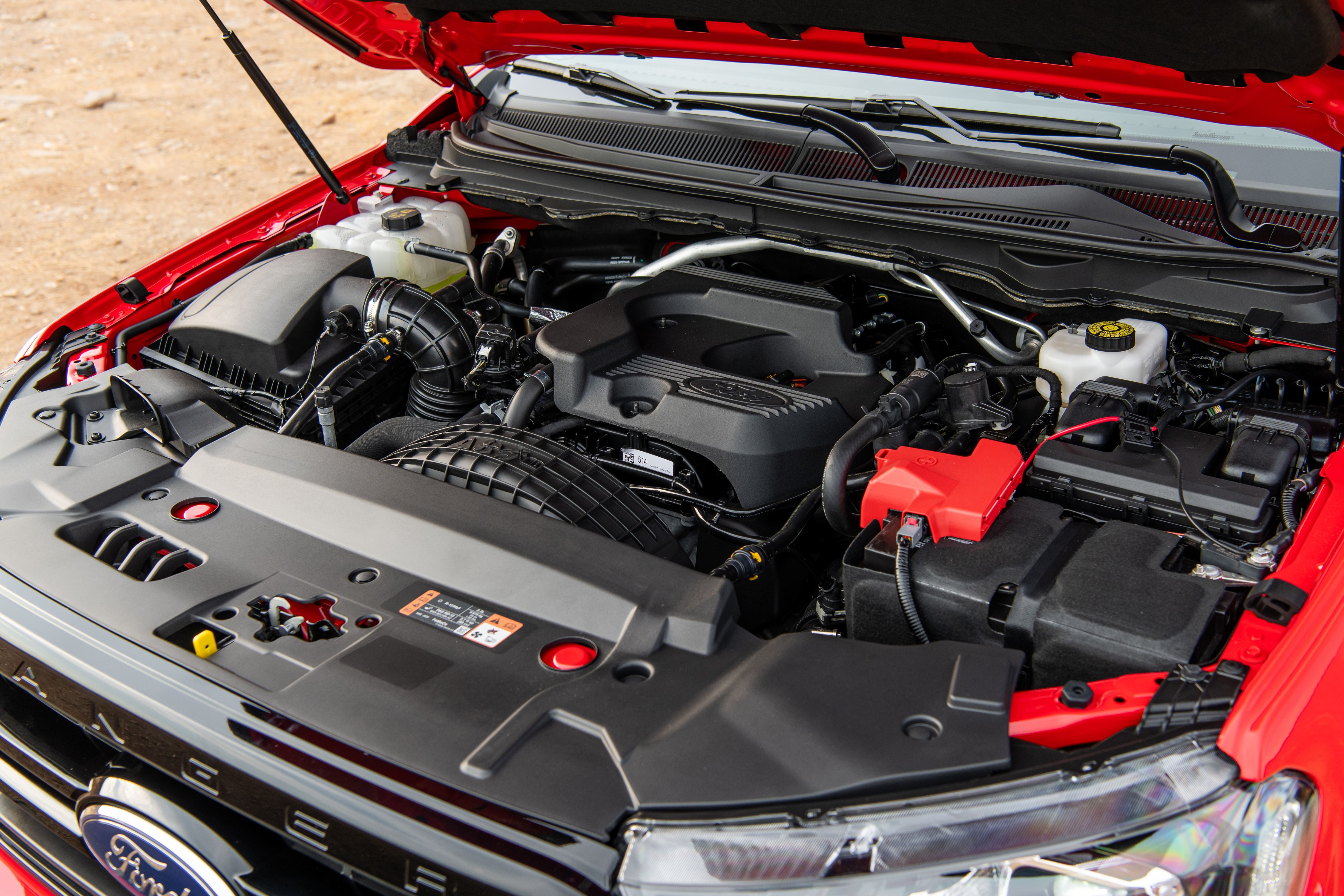Why the 2.2 Ford Ranger Engine Is a Popular Choice for Rugged and Reliable Performance
Why the 2.2 Ford Ranger Engine Is a Popular Choice for Rugged and Reliable Performance
Blog Article
What Makes a Vehicle Engine Run Efficiently: Top Tips for Optimum Care
The smooth procedure of a car engine is fundamental to both efficiency and long life, making ideal treatment a vital obligation for automobile proprietors. What certain steps should you prioritize to ensure your engine continues to be in peak condition?
Routine Oil Modifications
Among the most essential aspects of car upkeep is guaranteeing your engine obtains routine oil modifications. Engine oil lubricates inner elements, lowers rubbing, and aids maintain optimum operating temperature levels. Gradually, oil breaks down because of warm, pollutants, and the natural by-products of combustion, resulting in minimized performance and possible engine damages.
A lot of manufacturers advise transforming the oil every 5,000 to 7,500 miles, but this interval can differ based on driving problems and oil type. For circumstances, synthetic oils may permit longer periods in between modifications. Routine oil changes not only boost engine efficiency yet likewise improve fuel efficiency, as tidy oil advertises smoother operation.
Disregarding oil modifications can cause sludge buildup, which impairs blood circulation and can result in serious engine problems. It is important to examine oil levels regularly and monitor for any kind of unusual adjustments in shade or uniformity, which could suggest contamination or degradation.

Preserving Coolant Levels
Keeping proper coolant levels is crucial for stopping engine getting too hot and guaranteeing ideal efficiency. The coolant, commonly a mix of water and antifreeze, distributes through the engine, absorbing heat and protecting against thermal tension. Not enough coolant can cause raised engine temperature levels, which may create serious damages or also complete engine failure.
To keep optimal coolant degrees, frequently check the coolant tank, typically situated in the engine bay. Make sure the coolant is filled to the recommended mark, as indicated in your vehicle's owner guidebook. It is advisable to examine the levels at least when a month or previously lengthy trips, specifically throughout extreme climate problems.
If you observe that the coolant level is constantly low, there might be a leakage in the cooling system, which ought to be attended to without delay to stop more issues. 2.2 ford ranger engine. Additionally, purging the coolant system every a couple of years can help get rid of any accumulated debris and make sure efficient warmth exchange
Monitoring Air Filters

It is recommended to inspect the air filter every 12,000 to 15,000 miles, or a lot more regularly if driving in messy or damaging conditions. An easy visual inspection can commonly reveal whether the filter is filthy or damaged. It should be changed quickly. if the filter appears discolored or has visible dirt build-up.
Making use of a premium air filter developed for your specific vehicle version can better improve engine performance. In addition, some vehicles may take advantage of recyclable filters that can be cleaned and reinstalled, providing a ecologically pleasant and economical option.
Inspecting Spark Plugs
Ignition system are vital parts of an automobile's ignition system, directly impacting engine performance and performance. They produce the spark that stirs up the air-fuel blend in the burning chamber, promoting the engine's power generation. Normal examination of stimulate plugs is essential for preserving ideal engine feature and preventing possible issues.
Throughout an examination, search for indications of wear or damages, such as cracks, carbon buildup, or too much space widening. A healthy ignition system typically displays a brown or tan color. Dark residue or oil down payments can show inappropriate burning, while a white or blistered look may suggest getting too hot. Both conditions call for instant attention to stop further engine damage.
It's advisable to inspect spark plugs every 30,000 miles, or as recommended in your vehicle's owner guidebook. Additionally, consider changing them according to the maker's standards, as used or old ignition system can cause misfires, lowered gas performance, and boosted discharges.
Monitoring Tire Pressure
Under-inflated tires can lead to lowered gas efficiency, boosted tire wear, and endangered handling. Routine monitoring of tire pressure is important for optimal car procedure.
Tire stress must be examined at least as soon as a month and soon journeys. Make use of a trusted tire pressure scale to measure the stress when the tires are cold, preferably before the automobile has been driven for at least 3 hours. Describe the automobile's owner site web guidebook or the placard situated on the motorist's side door jamb for look at this website the producer's advised pressure levels.
It is essential to note that tire pressure can rise and fall with adjustments in temperature level; a drop of that site 10 ° F can lead to a 1-2 psi decline in pressure. In addition, aesthetically evaluate tires for any type of signs of wear or damage throughout your tracking regimen. Maintaining proper tire stress not only enhances lorry security however additionally boosts fuel efficiency and prolongs tire life, inevitably adding to a smoother engine performance.
Final Thought
In verdict, maintaining an automobile engine's smooth operation needs persistent attention to several key elements. Routine oil modifications, proper coolant levels, tidy air filters, well-kept stimulate plugs, and ideal tire pressure collectively add to enhanced performance and longevity. Complying with these upkeep techniques not just enhances fuel efficiency but additionally promotes a much safer driving experience. Inevitably, an aggressive approach to engine treatment is essential for guaranteeing reliability and functionality with time. 2.2 ford ranger engine.
One of the most important aspects of vehicle upkeep is guaranteeing your engine obtains normal oil adjustments. Engine oil lubes inner parts, minimizes rubbing, and aids keep optimal operating temperatures. Regular oil modifications not only enhance engine performance however also enhance fuel efficiency, as clean oil promotes smoother operation.
Not enough coolant can lead to raised engine temperatures, which might trigger serious damages or also total engine failing.

Report this page